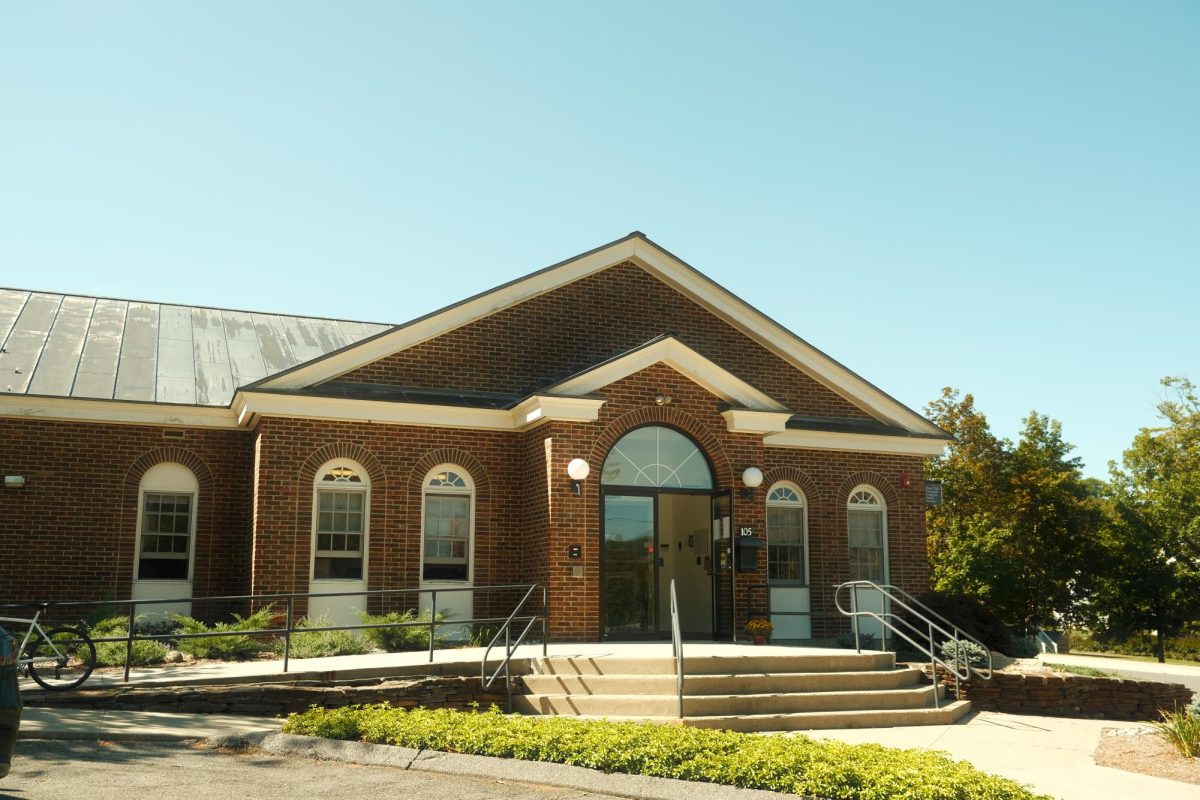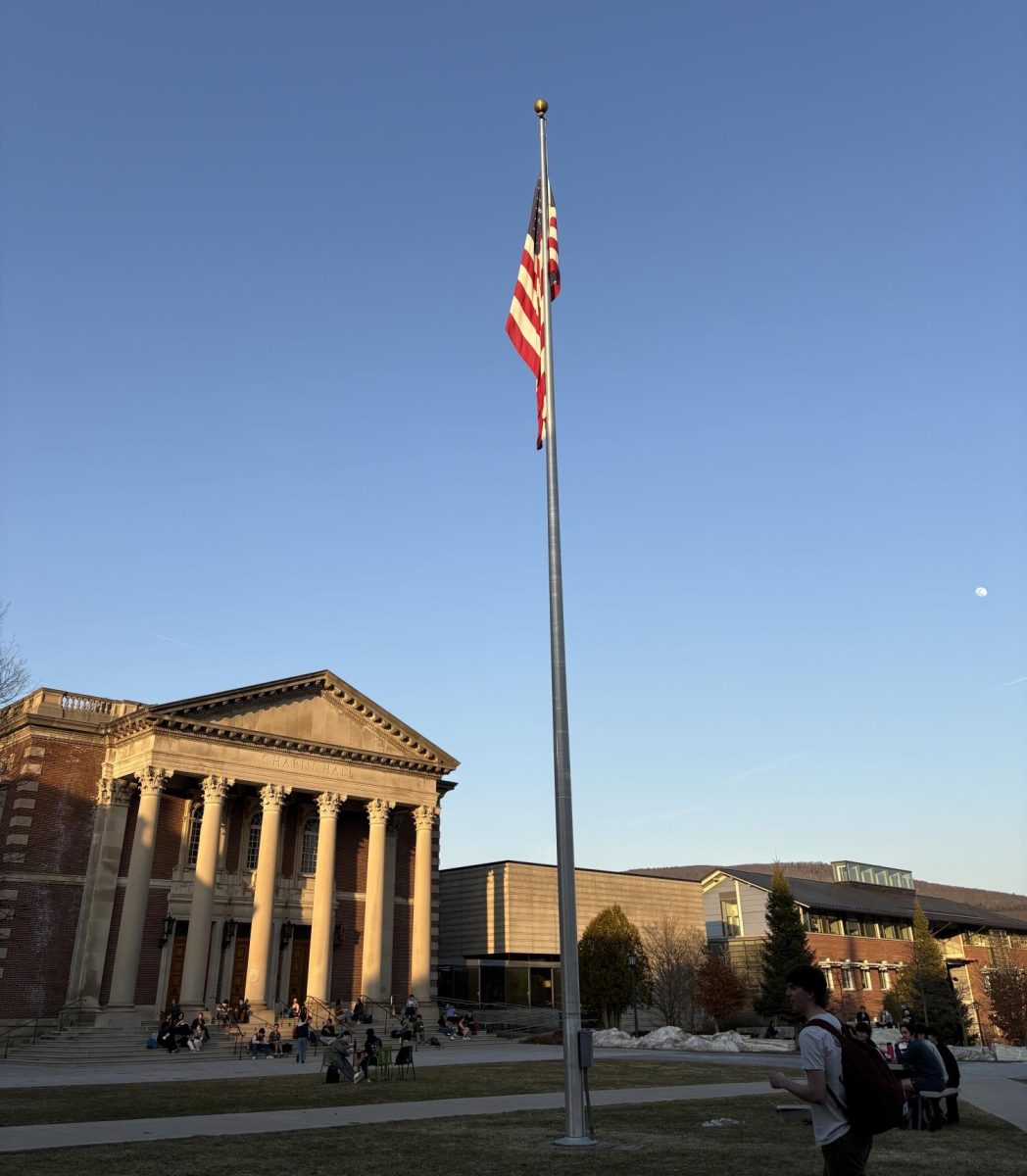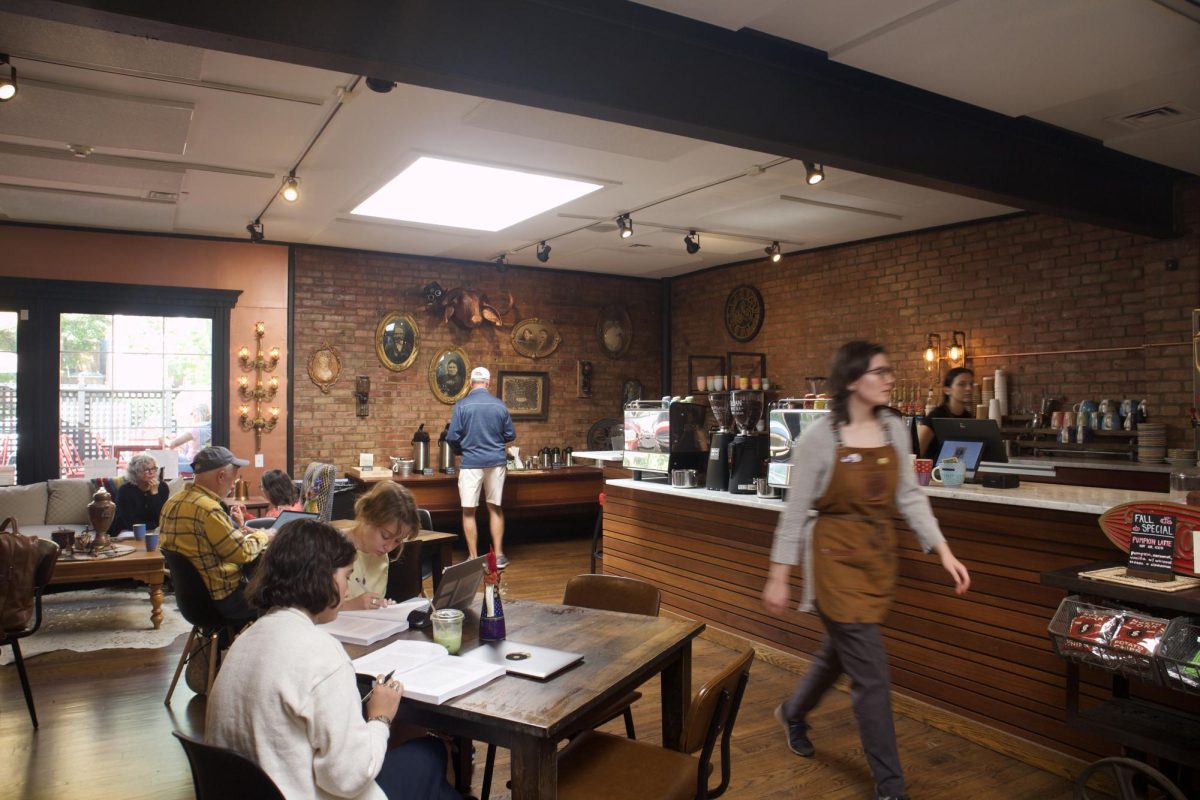Town CO2 Lowering Committee proposes Net Zero Resolution
April 14, 2021
The Williamstown CO2 Lowering (COOL) Committee is pushing the Town to adopt its Net Zero Resolution, which calls for action to achieve net-zero greenhouse gas emissions and begin implementing a comprehensive climate action plan by 2023. The COOL Committee has been promoting environmental initiatives in the Town for the past two decades, and it has a long relationship of collaboration with students and faculty at the College.
The committee is proposing the plan in an effort for the Town to contribute to a larger effort to combat climate change worldwide, according to the draft of the resolution. “As residents of the Town of Williamstown, we recognize our responsibility, individually and collectively, to participate in the global effort to reduce the impact of climate change by reducing our greenhouse gas emissions locally,” the resolution reads.
The resolution calls for Williamstown to create a comprehensive climate action plan, so “that when the town makes decisions, they will be obligating themselves to addressing … what is going to be the impact on emissions on different policies and practices,” Committee Chair Wendy Penner told the Record.
The committee plans to present the resolution at the 2021 Town Meeting in June, and Town residents will vote on the resolution later in the year.
This resolution is just one of the actions that the committee has taken to fight climate change locally. The COOL Committee started as part of the Town’s membership in Cities for Climate Protection, an international group that advocates for action on a local level.
Professor Emeritus of Environmental Studies and Biology Hank Art, one of the committee’s founders, stressed the importance of taking steps against climate change on a local level. “You just can’t wait for a higher level of government,” Art said. “You have to do it, because if we all individually aren’t involved in doing it, it’s not going to be done.”
This sort of community-based action defines the committee’s work. The committee has also led two “Solarize campaigns,” in which committee members “coordinate and encourage homeowners to add solar to their houses,” said COOL committee member and Town Planning Board Chair Stephanie Boyd. The committee has also worked with the Select Board to create a plan to replace Williamstown’s street lights with LEDs.
The Net Zero Resolution also calls for climate action to be “inclusive and equitable.”
“The impacts of climate change are falling disproportionately on marginalized communities,” Penner said. “How can we make sure we are doing [the Net Zero Plan] in a way that centers our most vulnerable community members and emissions reduction? Those things go hand in hand.”
The committee is officially independent from municipal government, which allows it to avoid some of the Town’s bureaucracy and act as an activist group. “We are relatively nimble,” Art said. “Not being an official governmental body may be an advantage in that regard. We can take advantage of opportunities when they arise.”
From its inception in 2001, the COOL Committee has been connected to the College, though it was not founded with its current name. Art was a biology professor at the College at the time he co-founded the committee, and many other committee members have also worked at the College. “There’s always been several members of Williams College faculty and staff … that have worked very closely with us,” he said.
Committee Cofounder and Associate Director of the Center for EcoTechnology in Pittsfield Nancy Nylen recalled that the Center for Environmental Studies at the College paid for a student intern, Carlos Silva ’04, to work with the committee to inventory and forecast the Town’s energy use and emissions.
“Over the years, we’ve had various students work with us during the summers and get us to the next steps,” she said. Those students helped the Town fulfill its obligations under the City for Climate Protection commitment, and one student even came up with the current name of the COOL Committee.
Student work with the COOL Committee continued with Carolyn Reuman ’06, who drafted the first climate action plan for Williamstown, Nylen said.
“We’ve been doing climate action planning pretty much since the beginning, partnering … with interested and very capable Williams students,” Associate Director of the Center for Environmental Studies and Lecturer in Environmental Studies Sarah Gardner said.
Gardner teaches an environmental planning class in which students do a project for the COOL committee each year. “I think we’ve done five projects over the years,” she said. In 2019, students from the class presented their project on the mix of electricity the Town uses to the Select Board and suggested changes. “I do believe those changes were implemented as a result of their report,” Gardner said.
The connection between students at the College and the committee has proven to be mutually beneficial, Gardner said. “The students gain so much from working with the people on the COOL Committee … and it’s really strengthened what Williamstown has been able to accomplish,” she continued.
The committee has often been a stepping stone for students to get hands-on experience with taking action against climate change, Gardner said; many of the students who worked with the committee have gone on to work in fields related to renewable energy.
In addition to working with students, the committee also collaborates with the administration at the College, according to Art. “The Town cannot accomplish any goals without the participation of the College, and the College cannot really participate without the willing collaboration of the Town,” Art said.
While reflecting on the committee’s two decades, Nylen said, “We’ve accomplished more than we ever imagined.”
“Our goals then, though, were much more modest in terms of reducing carbon,” she added. Today, the committee’s much bolder Net Zero Goal “feels very necessary and urgent,” she said.
Nylen attributed much of the group’s success to spreading a positive message. “One of the things we’ve tried to do throughout is to approach this through finding positive solutions,” she said.
“One of our challenges … is to take this big challenge of climate change and bring it down to things we can affect as individuals,” she said. “But I feel more optimistic than I’ve ever felt in the 40 years I’ve been in my profession.”








